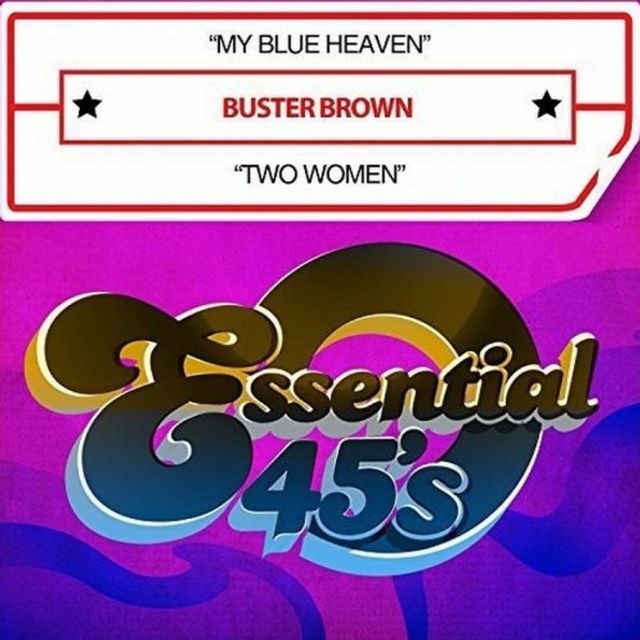Home
Dos mujeres en Praga / Two Women Prague
Barnes and Noble
Dos mujeres en Praga / Two Women Prague
Current price: $23.95


Barnes and Noble
Dos mujeres en Praga / Two Women Prague
Current price: $23.95
Size: Paperback
Loading Inventory...
*Product information may vary - to confirm product availability, pricing, shipping and return information please contact Barnes and Noble
«Todo el mundo tiene una herida por la que supura un “lo que no”, que ningún “lo que sí”, por extraordinario que sea, logra suturar»
Luz Acaso quiere que alguien escriba su biografía. Tiene cuarenta años y sufre una depresión que vive en la soledad de su casa. Recurre para ello a Álvaro Abril, un escritor obsesionado con la idea de haber sido adoptado en su infancia que lucha contra el fracaso de sentir que tal vez nunca volverá a tener una historia que contar. A las clases del taller literario que dirige Álvaro se acerca María José, que tapa su ojo derecho con un parche porque intenta escribir una «novela zurda», consciente de la importancia de ver el mundo desde una perspectiva distinta a la habitual para entenderlo.
Realidad y ficción se entremezclan en el relato que Luz narra a Álvaro, de forma que su biografía termina reflejando una vida imaginada en la que, sorprendentemente, el escritor encuentra cada vez más conexiones con la suya, igual que le ocurre con el periodista que entra en su vida para escribir un reportaje sobre las adopciones. ¿Podría tratarse, en realidad, de sus padres biológicos?
En
Dos mujeres en Praga
, novela ganadora del Premio Primavera en 2002, Juan José Millás aborda algunos de los temas más representativos de su universo narrativo, como la identidad, la obsesión por el doble, los límites que separan la realidad de la imaginación, las casualidades y los fantasmas que cada uno de nosotros lleva dentro
ENGLISH DESCRIPTION
“Everybody has a wound oozing a ‘what not,’ that no ‘what is’—no matter how extraordinary—will ever stitch.”
Luz Acaso wants someone to write her biography. She is forty years old, and she suffers from depression, living alone in her house. She turns to Álvaro Abril, a writer obsessed with the idea of being adopted as a child and fighting against the failure of feeling that maybe he will never have another story to tell. Álvaro gives a literary workshop, which María José joins. Aware of the importance of seeing the world in a different perspective to understand it, she arrives wearing a patch over her right eye, as she is trying to write a “left-handed novel”.
Reality and fiction intermix in the story Luz tells Álvaro. Her biography reflects a made-up life, which, surprisingly, the author begins to find more and more connections with his own. A journalist walks into his life to write a piece on adoption. Could the article possibly be about his biological parents?
In
Two Women in Prague
, winner of the 2002 Premio Primavera, Juan José Millás touches on some of the most emblematic themes in his literary universe, such as identity, an obsession with the doppelganger, the boundaries between reality and imagination, coincidences, and the ghosts we harbor inside.
Luz Acaso quiere que alguien escriba su biografía. Tiene cuarenta años y sufre una depresión que vive en la soledad de su casa. Recurre para ello a Álvaro Abril, un escritor obsesionado con la idea de haber sido adoptado en su infancia que lucha contra el fracaso de sentir que tal vez nunca volverá a tener una historia que contar. A las clases del taller literario que dirige Álvaro se acerca María José, que tapa su ojo derecho con un parche porque intenta escribir una «novela zurda», consciente de la importancia de ver el mundo desde una perspectiva distinta a la habitual para entenderlo.
Realidad y ficción se entremezclan en el relato que Luz narra a Álvaro, de forma que su biografía termina reflejando una vida imaginada en la que, sorprendentemente, el escritor encuentra cada vez más conexiones con la suya, igual que le ocurre con el periodista que entra en su vida para escribir un reportaje sobre las adopciones. ¿Podría tratarse, en realidad, de sus padres biológicos?
En
Dos mujeres en Praga
, novela ganadora del Premio Primavera en 2002, Juan José Millás aborda algunos de los temas más representativos de su universo narrativo, como la identidad, la obsesión por el doble, los límites que separan la realidad de la imaginación, las casualidades y los fantasmas que cada uno de nosotros lleva dentro
ENGLISH DESCRIPTION
“Everybody has a wound oozing a ‘what not,’ that no ‘what is’—no matter how extraordinary—will ever stitch.”
Luz Acaso wants someone to write her biography. She is forty years old, and she suffers from depression, living alone in her house. She turns to Álvaro Abril, a writer obsessed with the idea of being adopted as a child and fighting against the failure of feeling that maybe he will never have another story to tell. Álvaro gives a literary workshop, which María José joins. Aware of the importance of seeing the world in a different perspective to understand it, she arrives wearing a patch over her right eye, as she is trying to write a “left-handed novel”.
Reality and fiction intermix in the story Luz tells Álvaro. Her biography reflects a made-up life, which, surprisingly, the author begins to find more and more connections with his own. A journalist walks into his life to write a piece on adoption. Could the article possibly be about his biological parents?
In
Two Women in Prague
, winner of the 2002 Premio Primavera, Juan José Millás touches on some of the most emblematic themes in his literary universe, such as identity, an obsession with the doppelganger, the boundaries between reality and imagination, coincidences, and the ghosts we harbor inside.


















